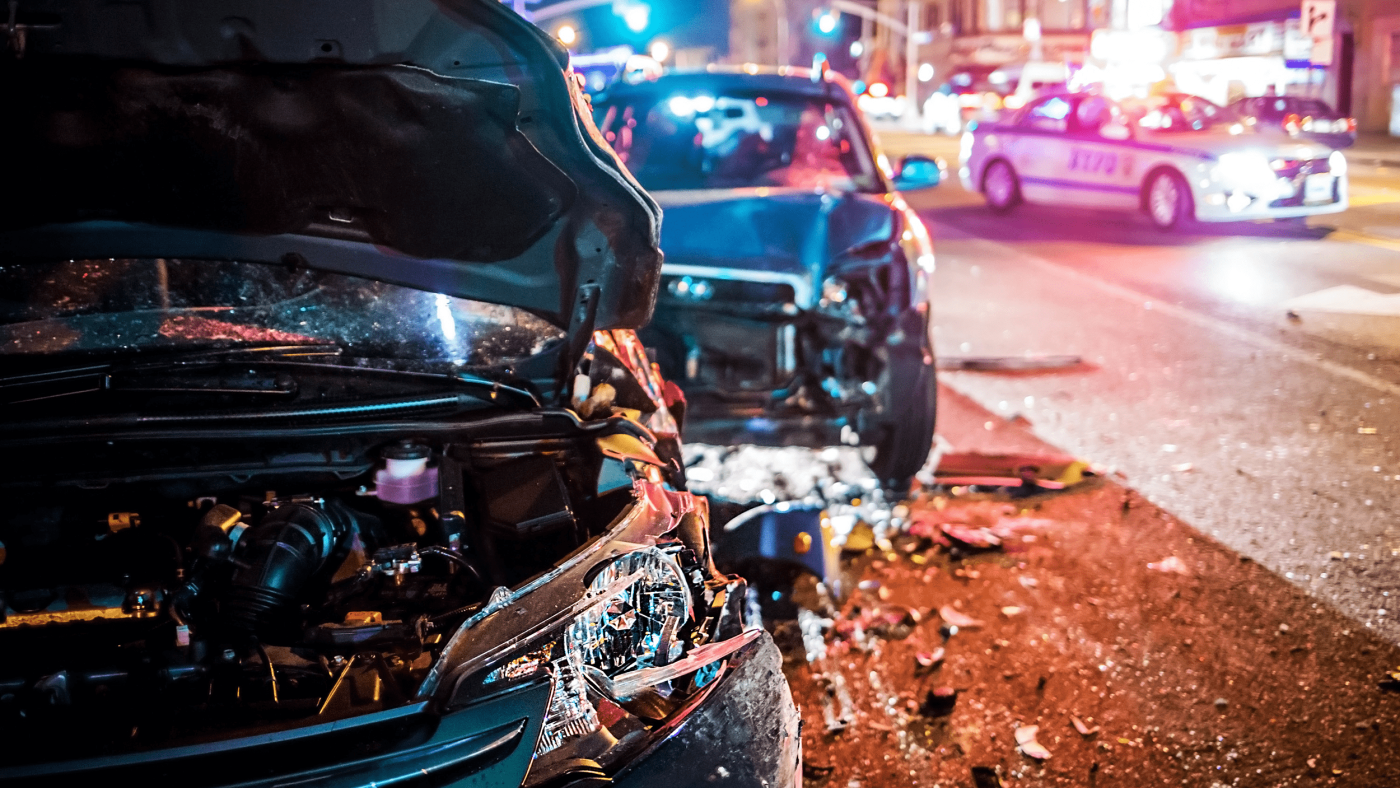
Wisconsin Car Accident Law: What You Need to Know
Wisconsin Car Accident Law: What You Need to Know
Car accidents can be disorienting and overwhelming, especially when injuries or property damage are involved. If you’ve been in a car crash in Wisconsin, it’s important to understand the state’s legal framework for handling such incidents. From fault determination to insurance claims, Wisconsin has specific laws in place that affect how compensation is pursued and awarded.
1. Wisconsin Is a “Fault” State
Wisconsin follows a fault-based system when it comes to car accidents. This means the person who is legally responsible for causing the accident is also financially responsible for the resulting damages. Victims of a car accident in Wisconsin have three options:
File a claim with their own insurance company, who may then seek reimbursement from the at-fault driver’s insurer (subrogation).
File a third-party claim directly with the at-fault driver’s insurance provider.
File a personal injury lawsuit in civil court against the at-fault driver.
Because of this fault-based approach, determining liability is crucial in car accident cases. Fault is typically determined by police reports, eyewitness statements, photographs, video footage, and accident reconstruction, if necessary.
2. Comparative Negligence Rule
Wisconsin uses a modified comparative negligence standard with a 51% bar rule. This means that a party can recover damages even if they are partially at fault, as long as they are not more than 50% responsible for the accident.
Here’s how it works:
If a court finds you 20% at fault, your compensation will be reduced by 20%.
If you're 51% or more at fault, you cannot recover any damages.
This system encourages fair outcomes but also means that insurance companies will often try to shift a higher percentage of fault onto the claimant to reduce their liability.
3. Insurance Requirements in Wisconsin
Under Wisconsin law, all drivers are required to carry minimum liability insurance. As of the latest updates, the required minimums are:
$25,000 for injury or death of one person
$50,000 for injury or death of more than one person
$10,000 for property damage
Wisconsin also mandates uninsured motorist (UM) coverage in the following minimum amounts:
$25,000 per person
$50,000 per accident
UM coverage protects you if you're hit by a driver who doesn’t have insurance. Underinsured motorist (UIM) coverage is optional but highly recommended, as it provides additional protection if the at-fault driver’s policy limits don’t fully cover your damages.
4. Reporting a Car Accident in Wisconsin
Wisconsin law requires drivers to report a car accident to law enforcement if it meets any of these criteria:
There is an injury or fatality
There is $1,000 or more in property damage to any one person’s property
There is $200 or more in damage to government property
Drivers must also file a crash report with the Wisconsin Department of Transportation (WisDOT) within 10 days if law enforcement did not investigate the scene and if the above thresholds are met.
Failing to report an accident when required can lead to penalties, including fines or license suspension.
5. Statute of Limitations
If you decide to file a lawsuit for injuries or property damage stemming from a car accident, Wisconsin law gives you three years from the date of the accident to do so. This time limit applies to both personal injury and property damage claims.
However, if the accident results in death, the statute of limitations for a wrongful death lawsuit is two years from the date of death.
Failing to file within the statute of limitations typically results in the case being dismissed, regardless of its merits.
6. Types of Recoverable Damages
Victims of car accidents in Wisconsin may be entitled to several types of damages, including:
Medical expenses (past and future)
Lost wages
Loss of earning capacity
Pain and suffering
Property damage
Emotional distress
Punitive damages are rare in car accident cases but may be awarded in instances of egregious misconduct, such as drunk driving.
7. Dealing with Insurance Companies
Insurance companies play a central role in post-accident claims, but they’re also incentivized to minimize payouts. It’s important to:
Keep all medical and repair records
Avoid giving recorded statements without legal advice
Never accept a quick settlement if your damages or injuries aren’t fully known
In more serious accidents or in cases involving disputed liability, it may be wise to consult a personal injury attorney to ensure your rights are protected.
8. Special Considerations: Drunk Driving and Hit-and-Run Accidents
In cases involving drunk drivers, victims may be able to pursue punitive damages in addition to compensatory ones.
If you’re involved in a hit-and-run, your uninsured motorist coverage can typically be used, assuming you have it.
Conclusion
Wisconsin’s car accident laws are designed to protect both drivers and victims by emphasizing accountability and fairness. Understanding fault rules, insurance requirements, and your legal options can make a significant difference in how you recover—both physically and financially—after a crash. Whether you’re dealing with a fender-bender or a serious injury accident, knowing the legal landscape helps ensure you’re treated fairly and get the compensation you deserve.
DEMAND MAXIMUM RESULTS! Call DMR Law Offices Today!
